Cheapest Electric Car Hits the US Market
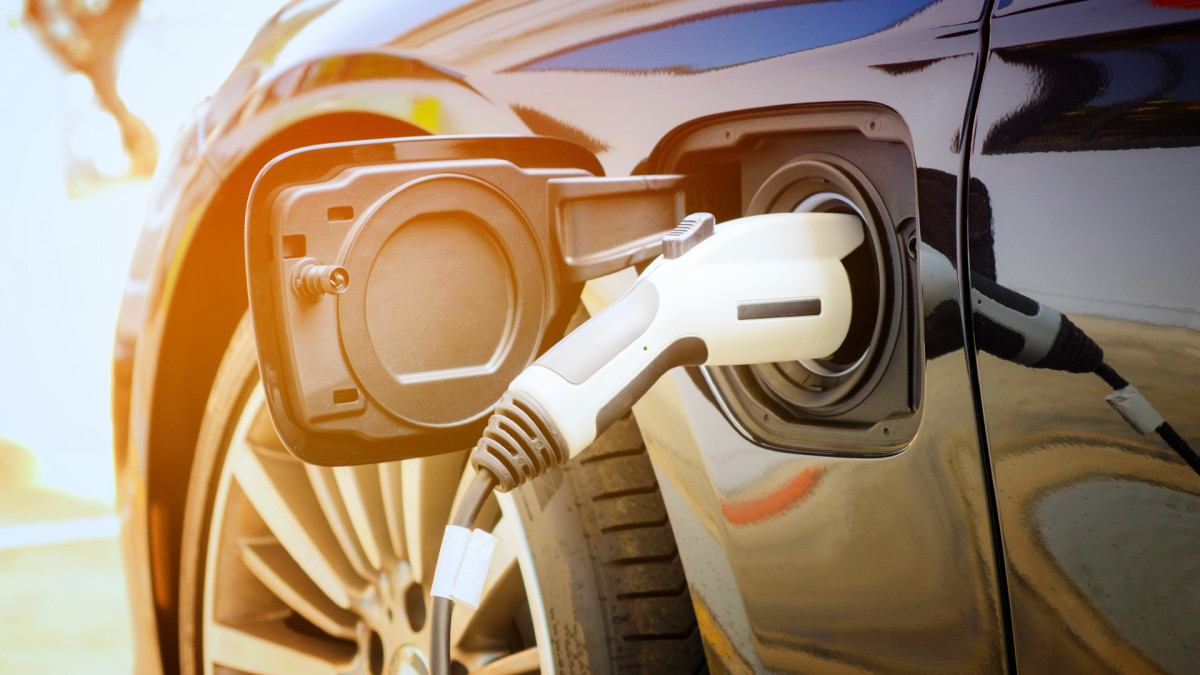
Cheapest Electric Car Hits the US Market - TheStreet
You will no longer have a reason not to buy an electric vehicle.
 www.thestreet.com
www.thestreet.com

 www.thestreet.com
www.thestreet.com
Of course we need to compare the weight etc for the engine, exhaust, drive shafts if 4wd etc.Oh, goody. 0.4 Whr/kg. That's better than 0.25, but still comes off poor compared to 13.SVolt Energy Readies Solid-State Battery With 400 Wh/Kg Energy Density For Production - CleanTechnica
Svolt Energy says it has cracked the code to making solid-state sulfide batteries that promise long life and long range.cleantechnica.com

As of now, only Tesla "we sell 35k car for 55k" and Byd "we make batteries" are making a profit on EVs, other automakers are not and is building it out of emissions regulations, market positions or ramp up to scale.I read something about all the money the car makers was losing because of the all electric
car and trucks they were making. Anybody know anything about this?
Local mining and industrial interests simply have more pull than remote ones that do not hire workers that vote. The time is young, but eventually we'd understand there is big Lithium and big solar to beat out big oil.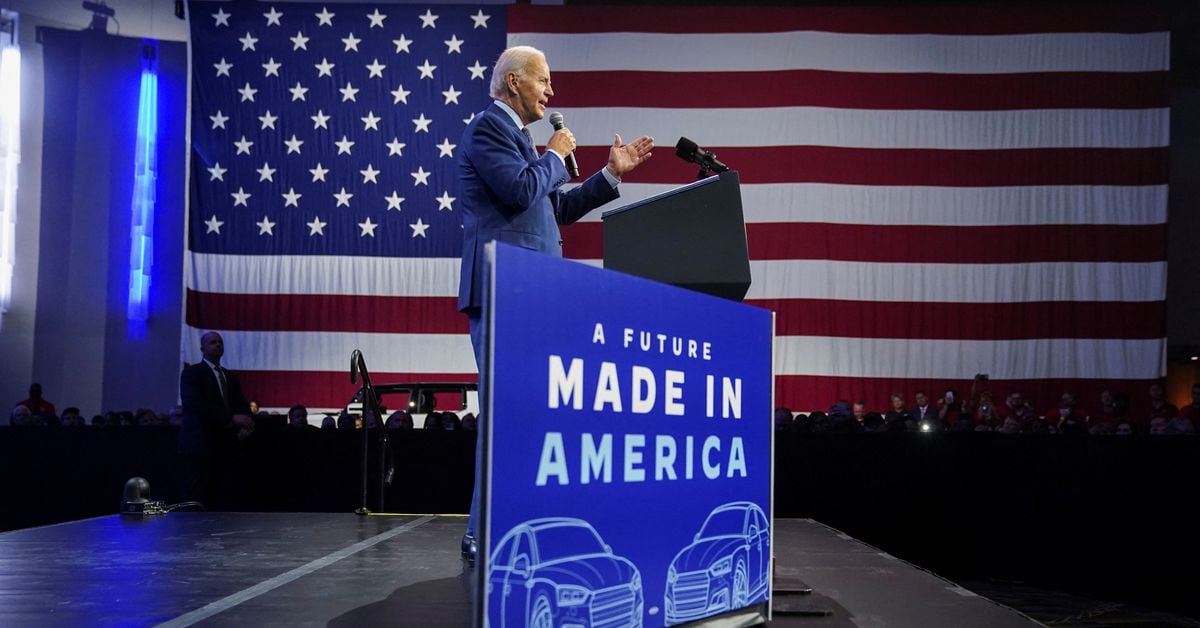
Biden awards $2.8 billion to boost U.S. minerals output for EV batteries
The Biden administration said on Wednesday it is awarding $2.8 billion in grants to boost U.S. production of electric vehicle batteries and the minerals used to build them, part of a bid to wean the country off supplies from China.www.reuters.com
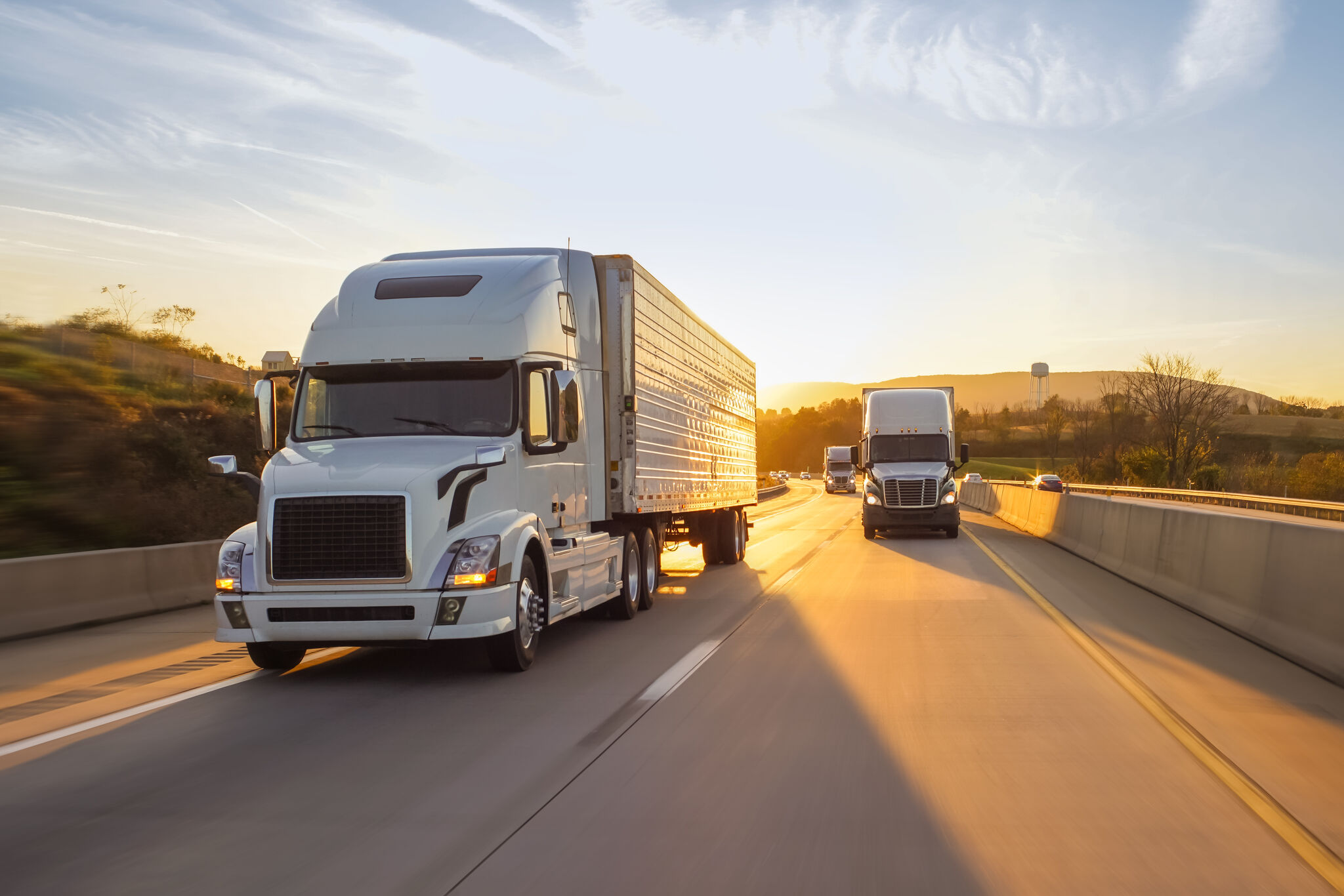
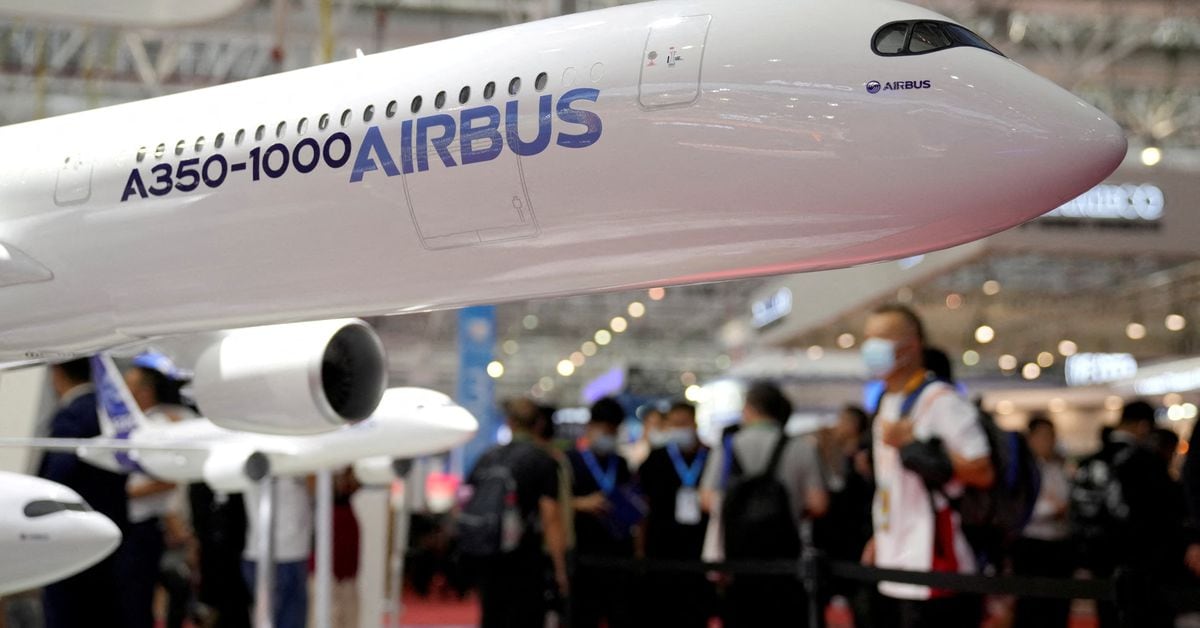
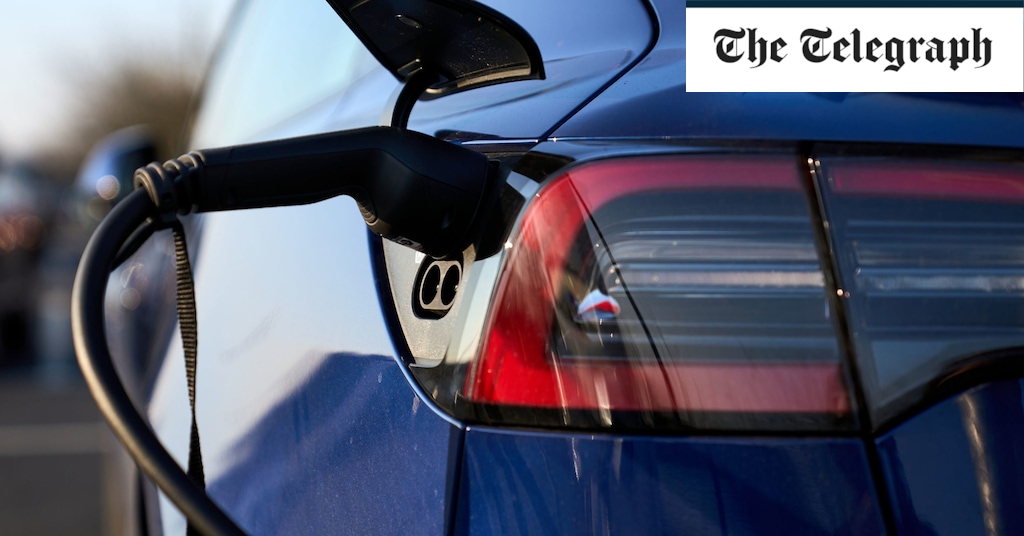
Gas tax helps pay for roads ,no gas no tax so they get the money by other means. The Beatles Tax Man
Electric car running costs the same as petrol after latest tax raid
Fresh wave of tax rises will 'wipe out' difference in running costswww.telegraph.co.uk
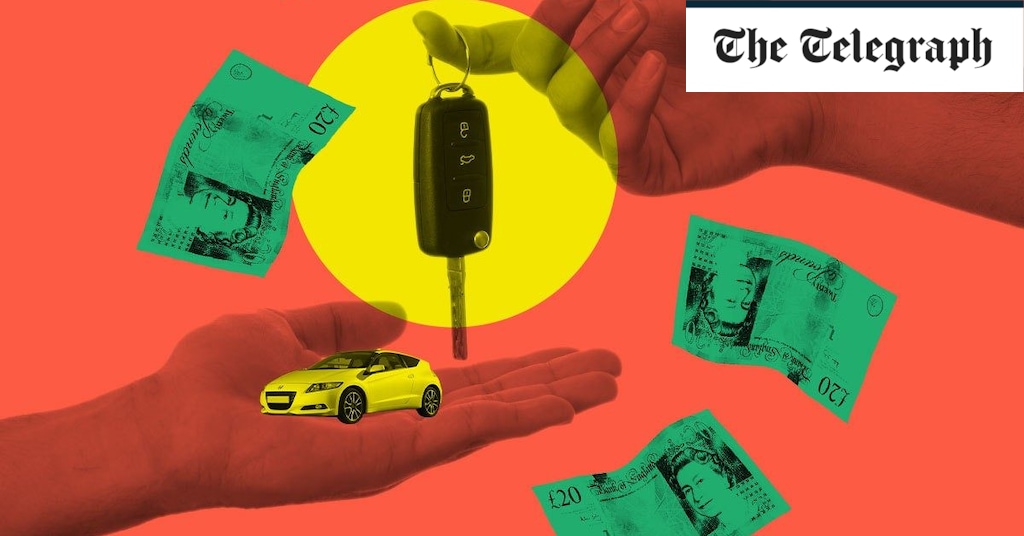
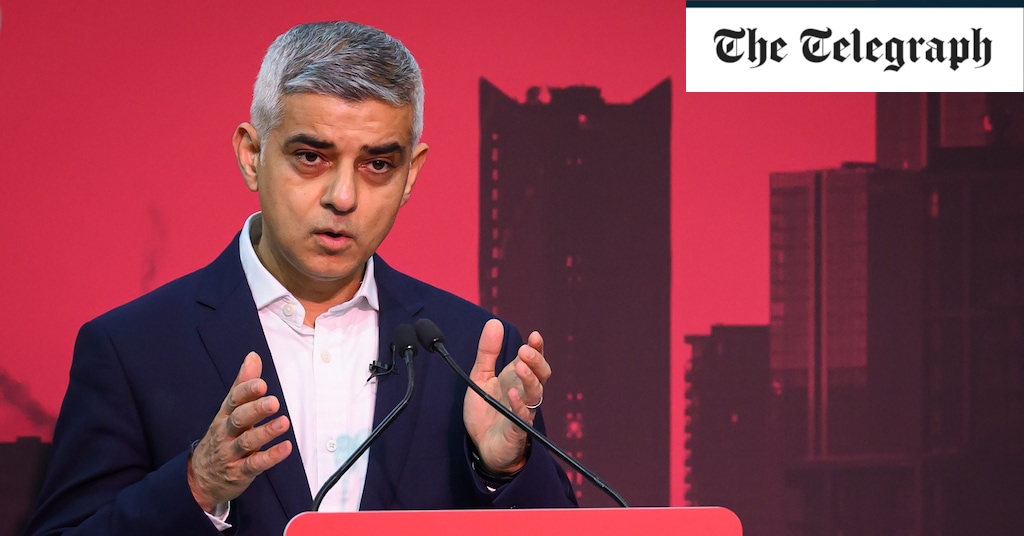
Dutch battery innovator LeydenJar has secured the funding to build its first factory to produce silicon anode foil. The company will invest €60 million in the construction of its first production facility, called “Plant One”, of which €30 million comes from a European Investment Bank loan facility. This financing is supported by the InnovFin Energy Demonstration Projects of the European Commission, funded by EU’s research & innovation framework program.
The rest of the financing comes from LeydenJar’s client projects, earlier committed grants and the Series A investment round in 2021.The production facility is expected to be built in the province of Noord-Brabant, creating employment locally, and should be fully operational by 2026. The aim of the plant is to prepare the silicon anode foil for mass production, subsequently bringing down the cost.
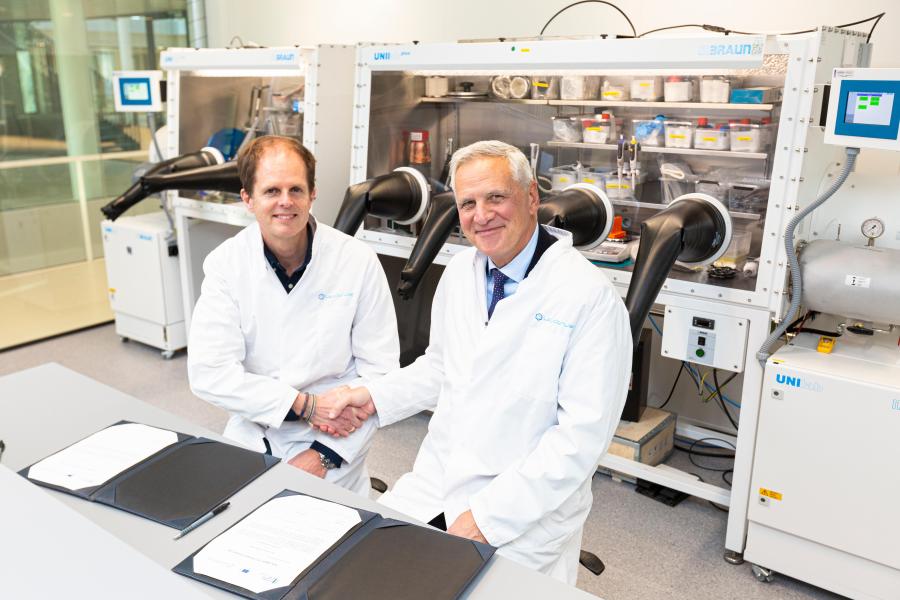
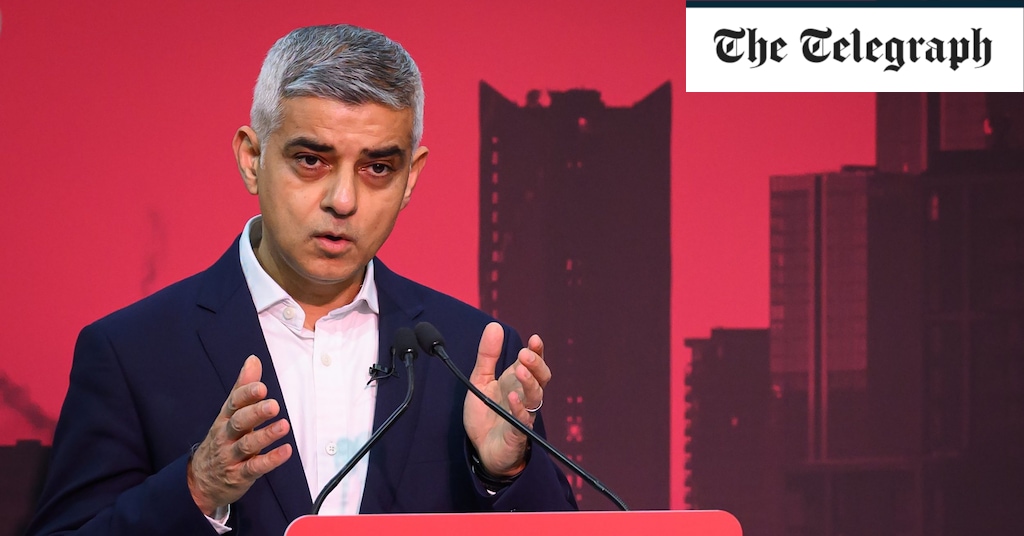
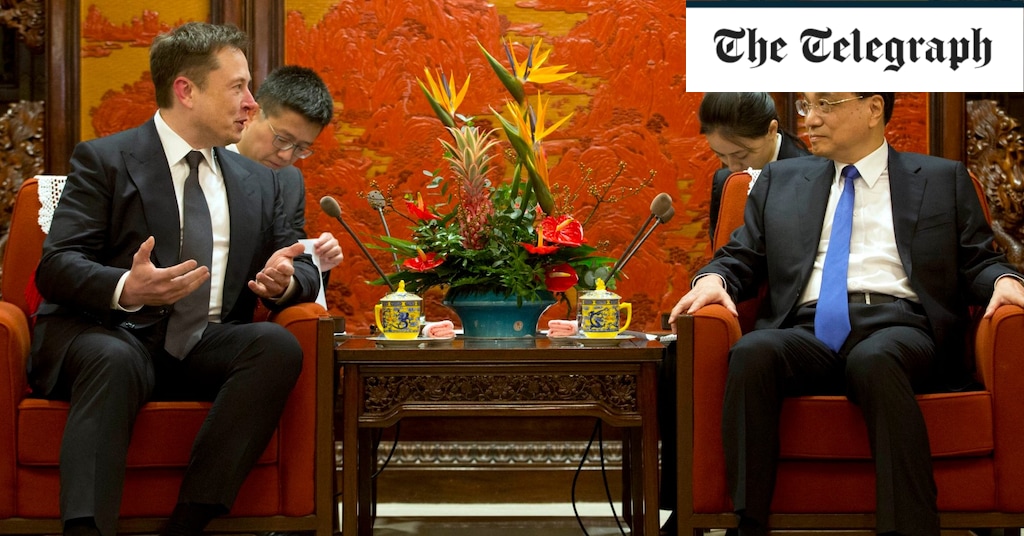

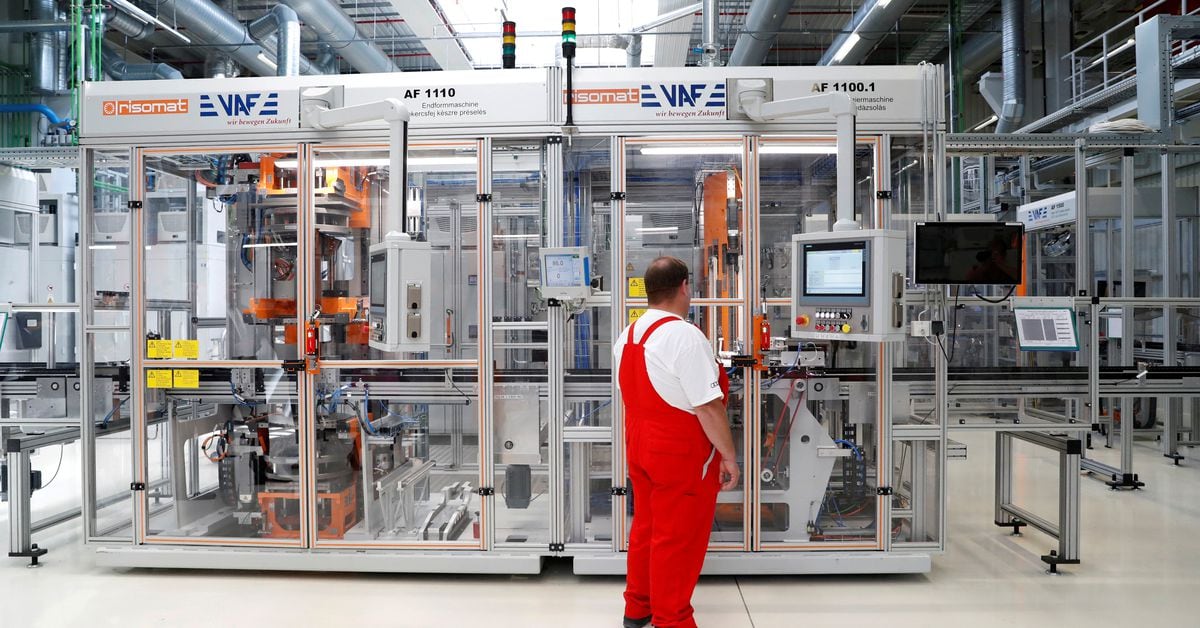
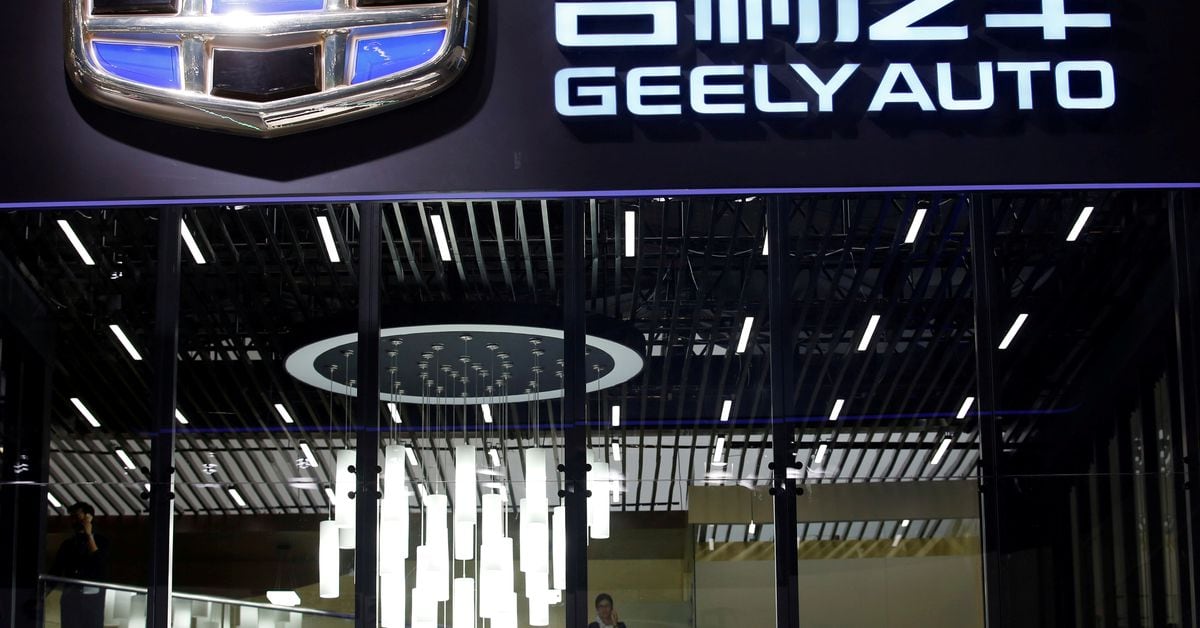
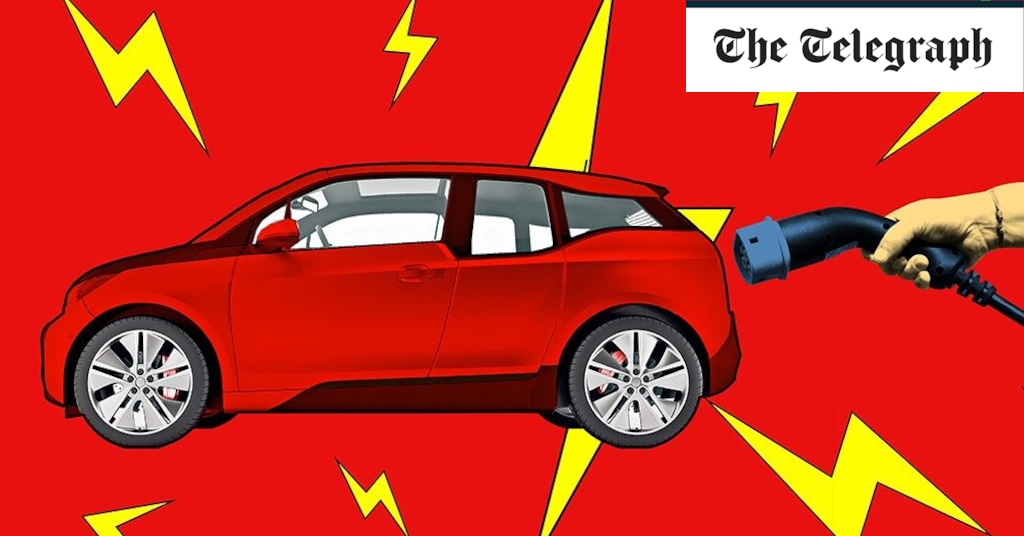
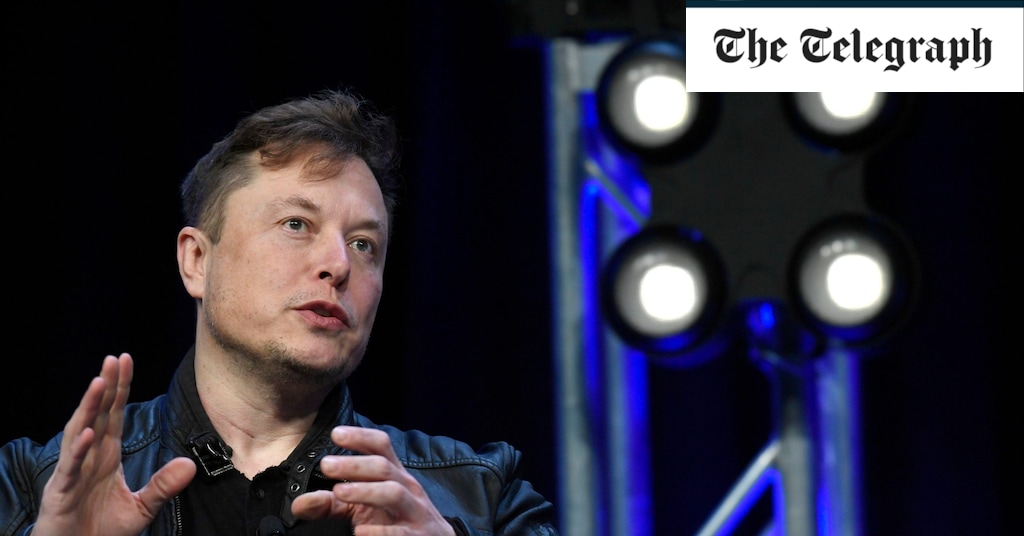

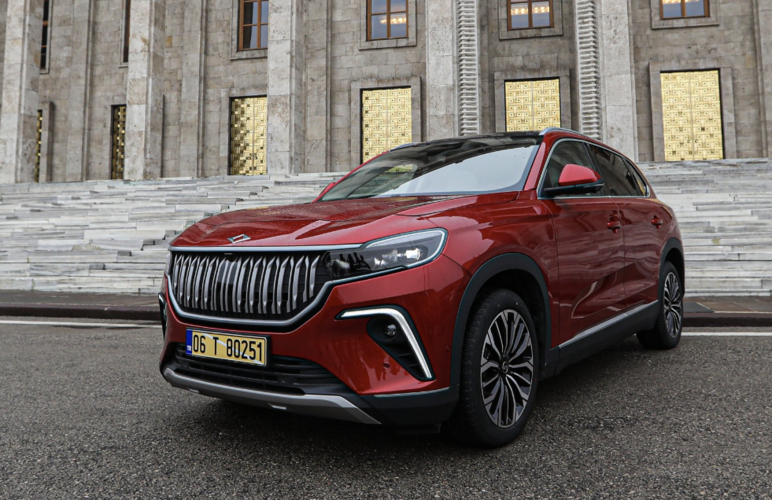
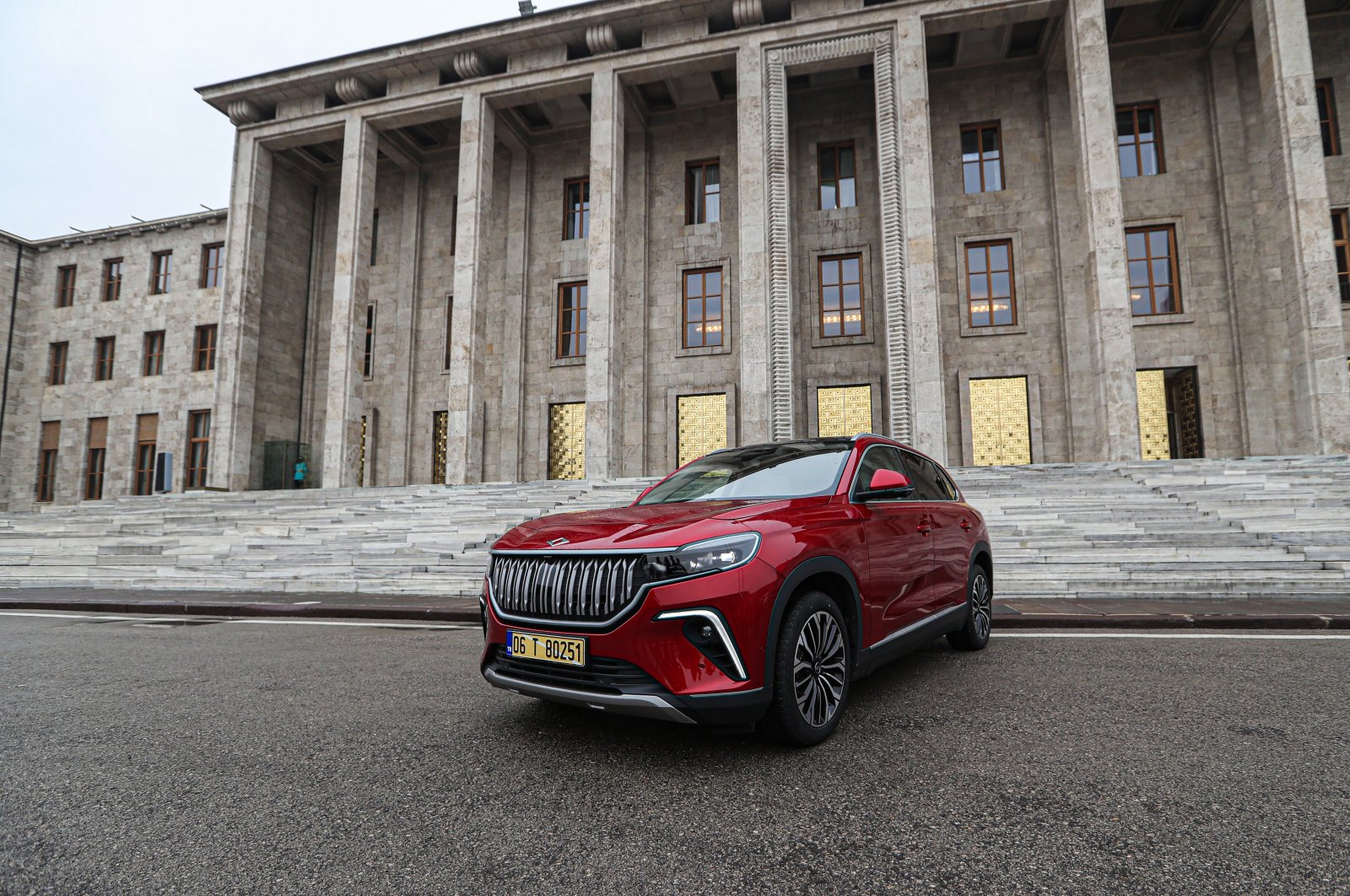
Those are figures for November. Autobild and related publications report the Peugeot 208 is Europe's best selling car in 2022.
America’s massive green subsidies plan risks backfiring by driving European companies closer to China, a top EU policymaker warned as he said that talks with the Biden administration were unlikely to solve all the issues Europe had with the legislation.
Valdis Dombrovskis, EU trade commissioner, said that while the $369bn Inflation Reduction Act was in part an attempt by the US to curb its reliance on China, it could have the opposite effect in Europe by making “overtures and propositions” from Beijing more interesting. This, he said, “may work against the stated aim of the Inflation Reduction Act”.
Dombrovskis spoke before the release of guidance by Washington on Thursday indicating that EU companies could benefit from a tax credit scheme for commercial clean vehicles — a move Brussels sees as a welcome first step but which does not alleviate all its concerns.
The US legislation contained in a $369bn package involves subsidies and tax credits for green technologies and manufacturing, including electric vehicles, batteries and hydrogen. It attempts to bolster US investment in such sectors while reducing US reliance on Chinese products and knowhow.
The European Commission has warned that the act discriminates against EU-based companies and threatens the bloc’s industrial base. It has formed a task force with the White House in a bid to resolve the dispute.
While there are signs of movement by the Biden administration in the key areas of electric vehicles and batteries, this would only alleviate some of the issues, Dombrovskis said in an interview. “If there are those outcomes, it would solve part of our problems, not all of our problems,” he said, stressing that the IRA involves a “much broader” range of sectors.
“When this work is over we will need to take stock of where we are and see what our options are . . . We would need to look at further elements [on] how to rebalance the playing field.”
US president Joe Biden said this month during a visit to Washington by French president Emmanuel Macron that “tweaks” to the rules could make it easier for European companies to participate in the regime.
Dombrovskis flagged two key areas where the transatlantic discussions are focused. The US legislation requires electric cars to be assembled in North America to be eligible for a $7,500 consumer tax credit — to the dismay of automakers in Europe, South Korea and elsewhere. However, this provision does not apply to commercial electric vehicles.
On Thursday night the commission welcomed new US guidance indicating EU companies could benefit from the commercial clean vehicle credits under the IRA, saying it reflected “constructive engagement” by the two sides. However Brussels stressed it remained concerned by discriminatory provisions affecting other clean vehicles.
[snip]
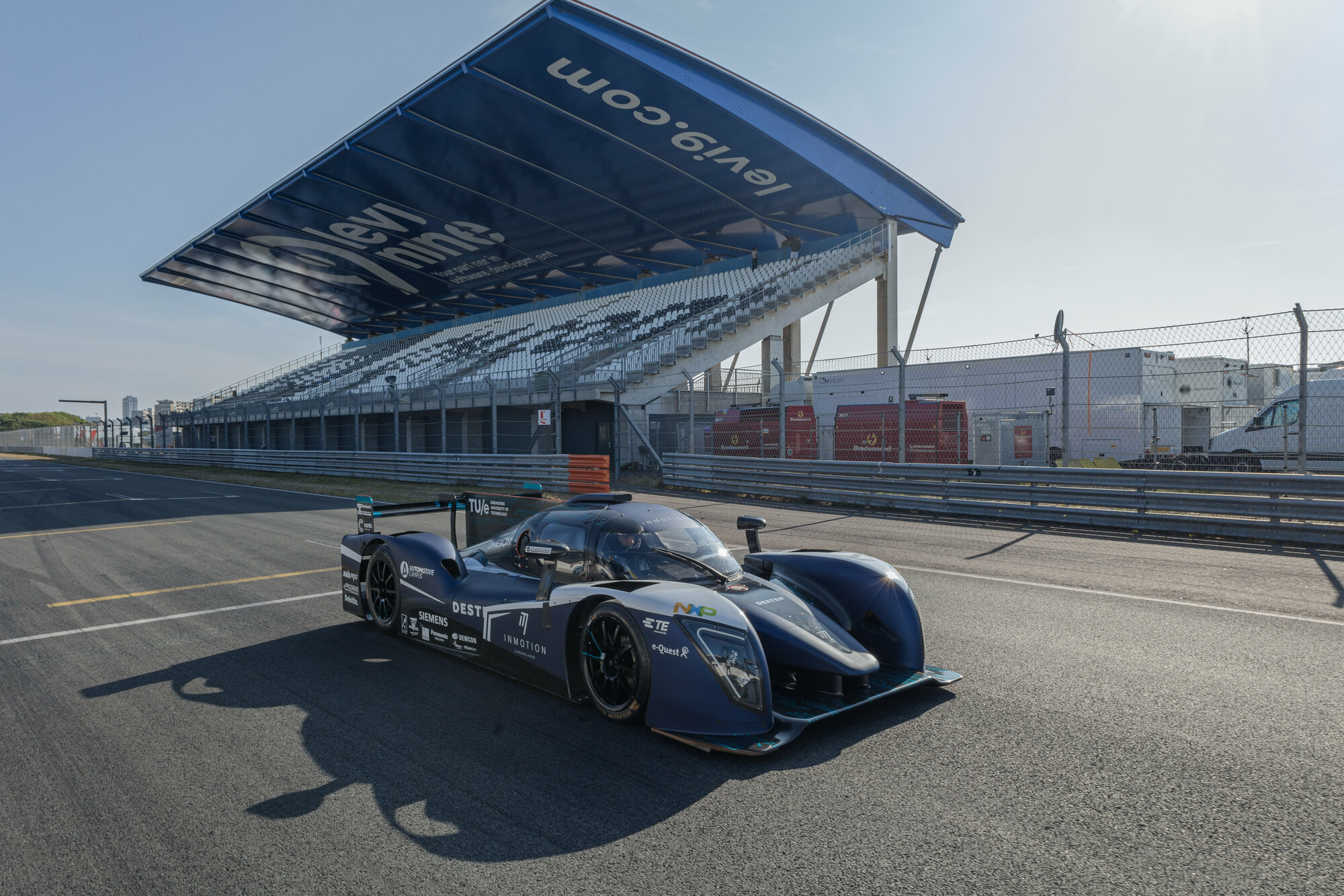
Charging an electric race car at the speed of normal refueling? TU/e student team InMotion is getting alarmingly close with the development of the Revolution. The racing monster is capable of fully recharging in less than four minutes, making it the fastest-charging electric race car for long-distance racing in the world, as far as known.
InMotion started designing and producing the new battery pack in the race car with more than thirty students in November 2022. What's remarkable is that this battery pack charges in just 3 minutes and 56 seconds, with a charging power of 322 kW, a total capacity of 29.2 kWh, and a range of approximately 250 kilometers. Reducing the charging time for electric cars is important to make electric driving easier and therefore more accessible for consumers. InMotion has taken up that challenge and is now truly getting close to a pit-stop-worthy charging time.
Innovation: cooling on cell level
During fast charging, a significant amount of heat is generated, leading to accelerated degradation of the battery cells, explains team manager Julia Niemeijer. "In the past, we developed an innovative cooling technology at module level, where cooling plates filled with coolant were placed between the modules containing the cells. This allowed us to extract a lot of heat from the pack. If you want to extract heat as efficiently as possible from the battery pack, you want to cool as close as possible to the battery cells. Therefore, we have developed a method recently that enables cooling at the cell level, with actual coolant flowing between each cell. This means we can extract even more heat from the pack. It has a tremendously positive effect on the lifespan and repeated fast charging. A 24-hour test shows minimal degradation of the battery pack as a result."
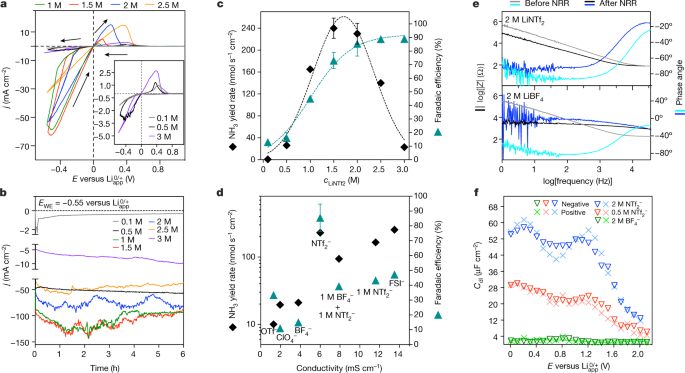
Common response:Why would anyone buy an abortion on 4 wheels?
Above all, why does a politician have to force people to buy them? They have to stop.
Then provide financial incentives, not bans.In order to improve things, people sometimes need a nudge in the right direction. EVs reduce pollution and enable energy independence. Both of these are good things.
You need to have an alcohol-safe fuel system and an enlarged fuel pump in general; and bigger injectors with a flex fuel sensor, which usually means a new computer in cars with electronic fuel injection, or you need dedicated alcohol metering blocks in carburetors. Alcohol in carbureted cars is an either/or option. Either alcohol carbs or gas carbs, you cannot swap between fuels on the fly.I'm not a great fan of EV because methanol or ammonia could substitute to gasoline more easily, in IC cars and hybrids.
Main problem is to produce these fuels without CO2 (ammonia) or famine (methanol)...
Why no E85 / hybrid cars, btw ? sounds good to me. Even classic IC cars can be run on E85.
Because if you live in Europe, most of your electricity is generated by coal. Especially if you live in Germany. If you live on the US East Coast, most of your electricity is generated by coal. My electricity is generated by Hydropower so generates no carbon, but they're talking about breaching the dams to attempt to restore salmon runs. What's going to replace the dams for generation? nothing. Wind is already about maxed out locally, nuclear isn't an option politically, solar is marginal due to dust in the air...And why shouldn't we talk about global warming? Electrification is an excellent method for lowering CO2 emissions, mainly because electric powertrains are vastly more efficient than ICEs.
Oh, that's awesome!TU Eindhoven: Recharging an electric car in the time it takes to fill your petrol tank.

InMotion develops fastest-charging electric race car in the world
A 24-hour test showed minimal degradation of the battery pack after fast charging.www.tue.nl
Barring weird crap like the Hummer EV, not significantly. The F150 EV is the same weight as the gas version. Other EVs are maybe 500lbs heavier at most.Battery-Electric vehicles are generally heavier so require more in the way of breaking and turning the car wears tyrs faster. These are also emmisions affectors.
If I had a house, or my landlord installed ~40 charging stations, I'd honestly be just about the perfect candidate for an EV. I drive maybe 20 miles at a trip in town.Possibly restricting the afvance to BE makes sense to some, sorry but I do not get it. The only benefit from that is to investors which funnily enough, is the biggest influence on political decisions.
We have a lot of smart people, let them loose and see where we get, hopefully more quickly than nopw too.
